HSE University Hosts Educational Forum of the Greater Eurasian Partnership
The forum was held as part of HSE University’s International Partners' Week, which coincides with Russia’s chairship of the EAEU and is aimed at connecting the strategies and initiatives of its participants in the fields of education, science, and technology. The forum was attended by representatives from 23 countries and more than 40 scientific and educational organisations. Read on to learn more about the opening ceremony and the first two plenary sessions.
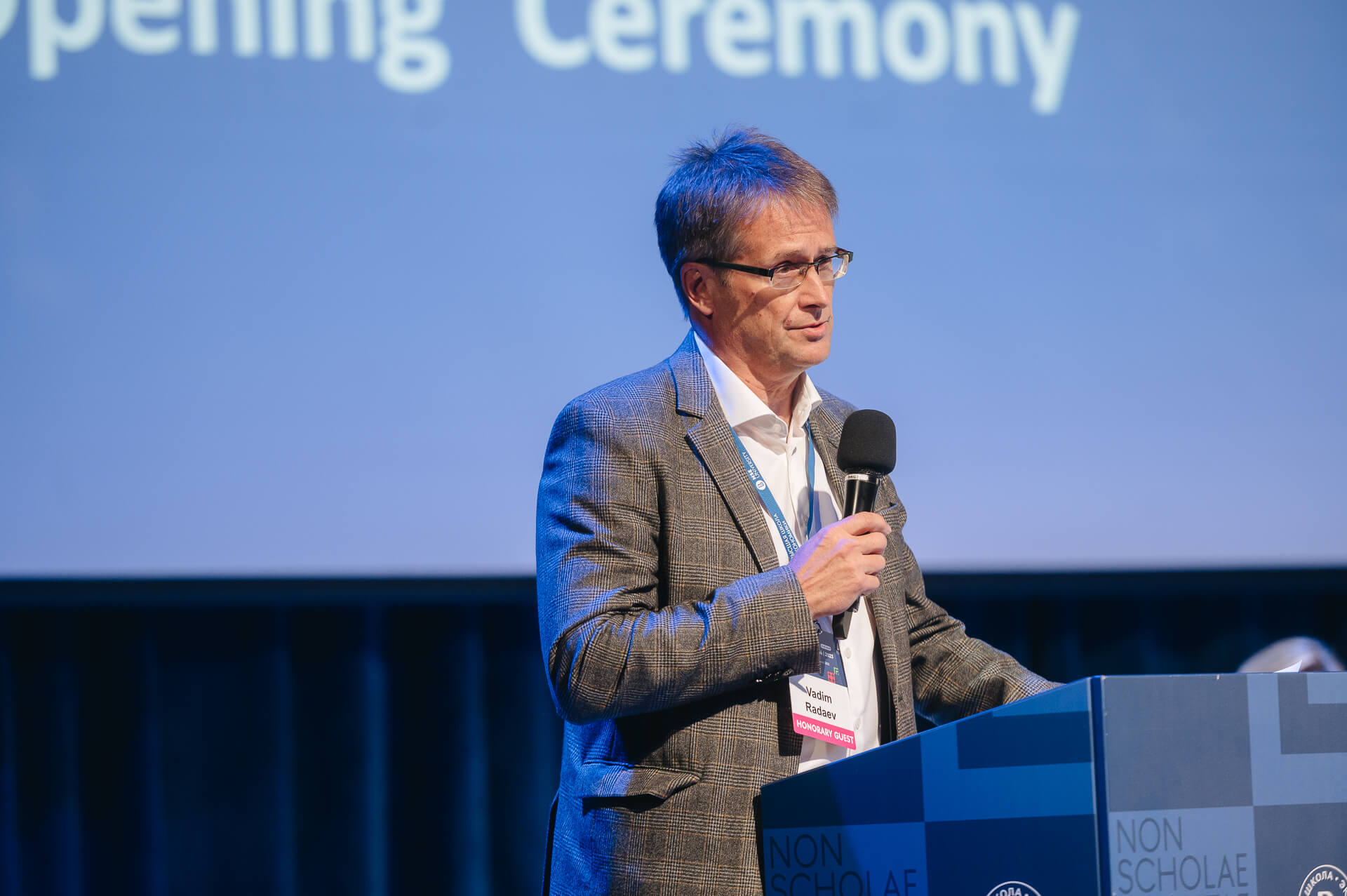
During the opening ceremony, HSE University First Vice Rector Vadim Radaev said that the main goal of the forum is to build a shared intellectual space for the development of cooperation in Greater Asia in terms of education, science, technology, digitalisation, and various cultural initiatives. He noted that HSE University is known for its high level of internationalisation and involvement in the international sphere—there are more than 5,000 international students and hundreds of international specialists at the university, and more than 50 international laboratories have been created under the leadership of scientists from various countries.
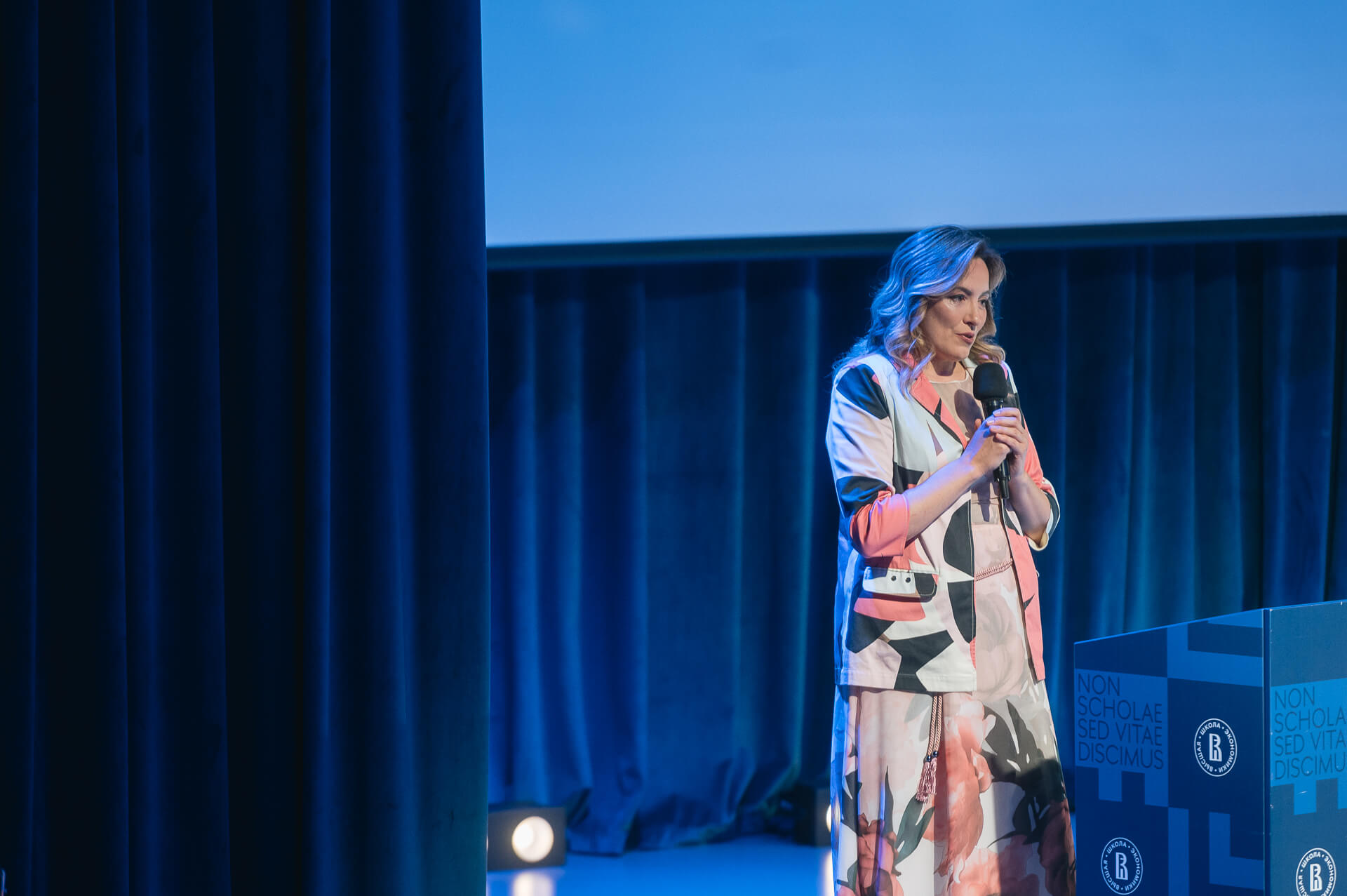
Vice Rector Victoria Panova also welcomed guests of the forum: ‘Business, state diplomatic missions, and civil society organisations connect people and facilitate communication. As a university, we also do this. And as vice rector of the university, I can say that there is nothing more valuable than stable, long-term and trusted international ties.’
Vice President of the Russian Academy of Sciences Stepan Kalmykov said that the forum is an example of people coming together to discuss joint goals and tasks, as well as strengthen integration processes taking place at the intergovernmental level via personal contacts between scientists. Deputy Head of Rossotrudnichestvo Pavel Shevtsov added that such forums are an opportunity not only to speak, listen, and think, but also to shape the future of human development.
Deputy Prime Minister of Russia Alexey Overchuk was among those to send his greetings to the forum participants. He particularly thanked HSE University for its initiative in organising the event: ‘I am confident that the university’s active international position, as well as its proven ability to keep up with the times and accurately perceive national and global trends, will allow it to become an influential mechanism in the formation of a shared intellectual space for Greater Eurasia.’
Victoria Panova moderated the first plenary session, titled ‘Academic Bridges Across Civilizations: Towards a Greater Eurasia’. She explained that the Greater Eurasian Partnership (which spans the whole Eurasian continent and part of Africa) brings the most densely populated countries together. Since the start of the century, scientists working in this space have doubled their number of publications and, for example, the BRICS countries have surpassed the US and the EU in the total number of articles published in Scopus journals.
The session featured representatives of educational systems from three continents, including speakers from Burkina Faso, Saudi Arabia, Brazil, Kyrgyzstan, and Uzbekistan.
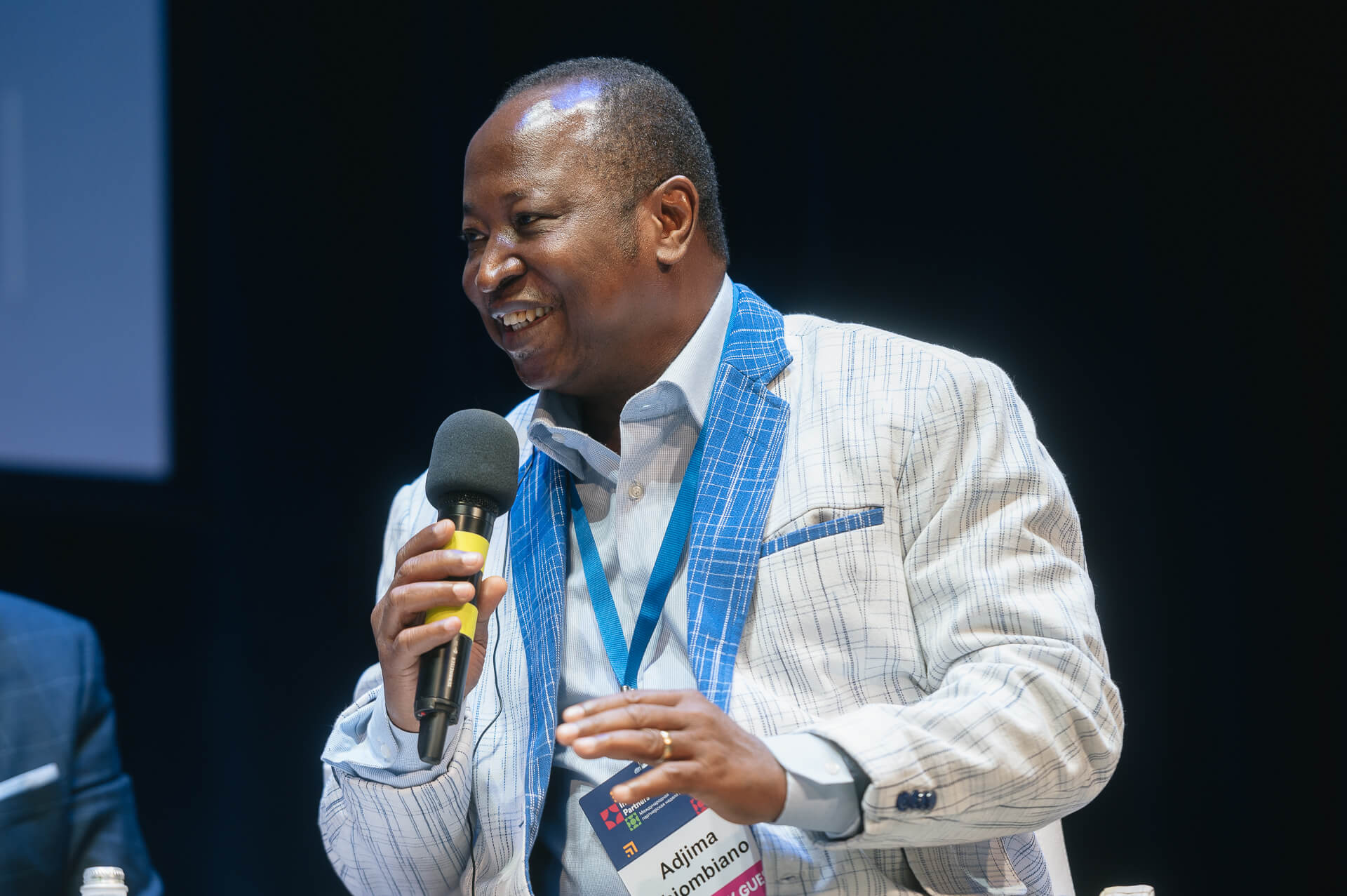
Adjima Thiombiano, Minister of Higher Education, Scientific Research and Innovation of Burkina Faso, commented that Eurasia and Africa should join forces in the name of prosperity based on science and education. He believes that education brings people and civilisations into contact with each other, and that measures aimed against education can be considered ‘the most dangerous war’. The minister believes that people must not succumb to the influence of consumerism, and that they must take their future into their own hands and develop based on traditional values.

Issa H. Al Ansari, President of Prince Mohammad bin Fahd University (Saudi Arabia), spoke about his university’s experience in strengthening international educational ties. He explained that Saudi universities devote a lot of attention to improving their positions in global rankings, and focused particularly on cooperation with Russian universities: ‘It has brought our two countries closer together. We value this model of cooperation highly and hope that it will expand.’
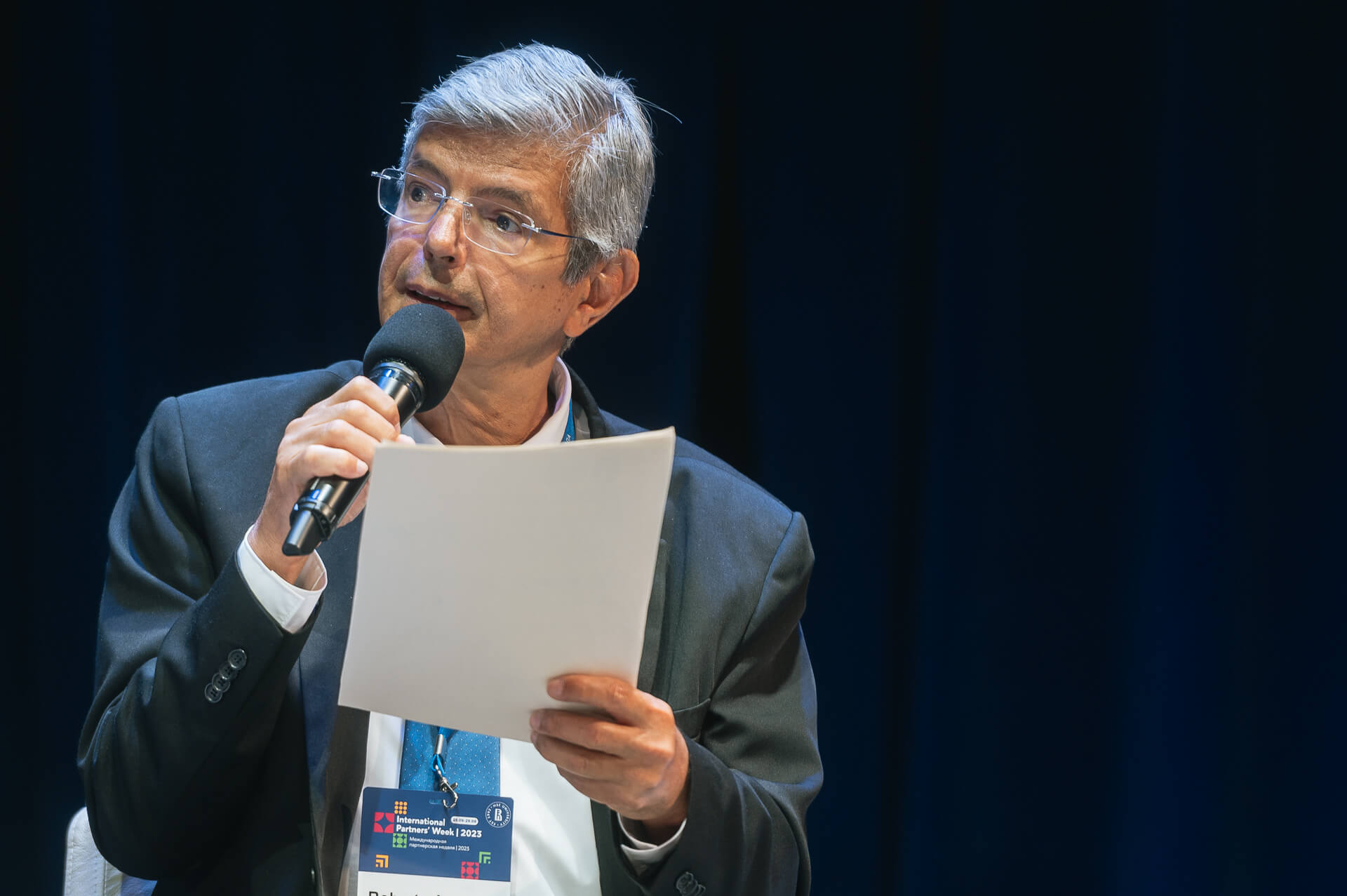
Roberto Medronho, Rector of the Federal University of Rio de Janeiro, highlighted the development of education in the Global South. He believes that universities in this region face complex challenges, and that their development requires fairness and equality in international relations to counter established rules. The speaker called on the participants of the forum to cooperate in the field of education, which will help the implementation of projects in the Global South.
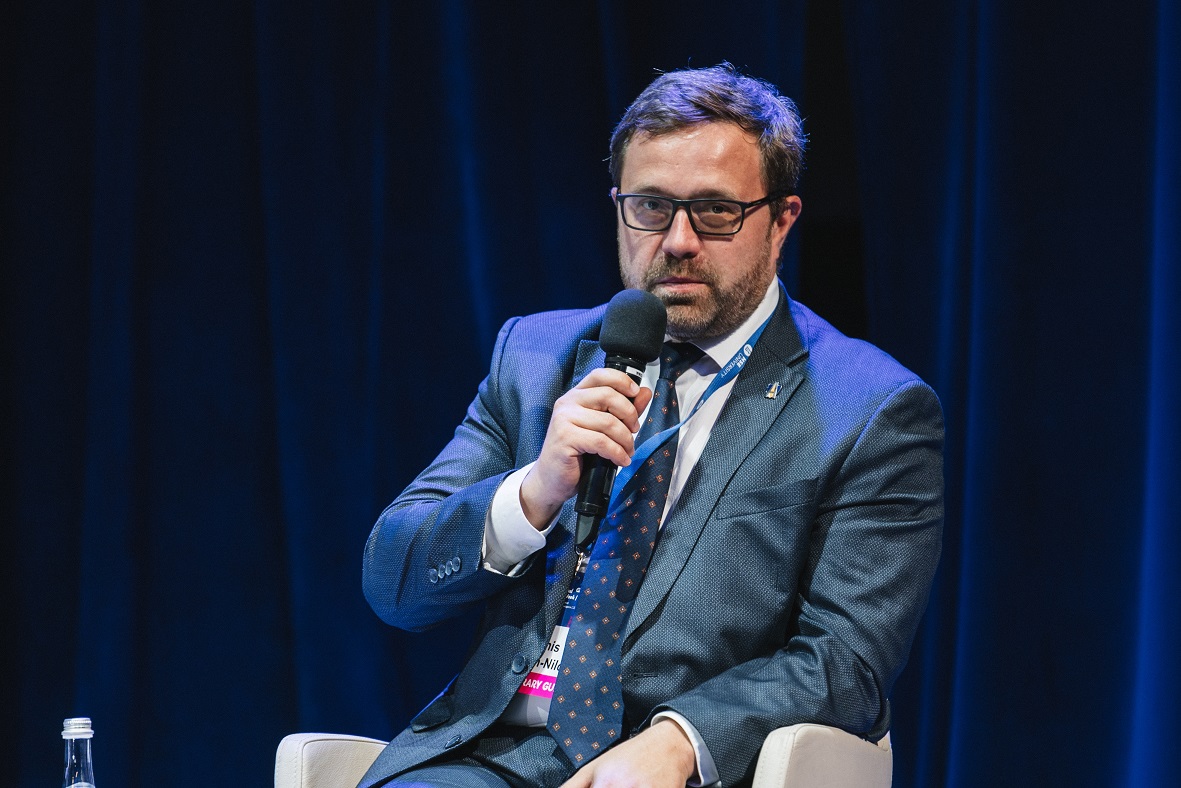
Denis Fomin-Nilov, Acting Rector of Kyrgyz-Russian Slavic University (Kyrgyzstan), said that humanity’s strength lies in cultural diversity, and that any kind of homogenisation makes us weaker and reduces our ability to survive and develop. He believes that academic cooperation should be founded on a principle of fraternity. He also noted HSE University’s role in the formation of dialogue spaces, growth points for new ideas, and solutions to longstanding problems.
The first plenary session was closed out by Elmurod Hoshimov, Rector of the Banking and Finance Academy of the Republic of Uzbekistan. He talked about various aspects of the partnership between Russia and Uzbekistan, which is based on the principles of mutual respect and support. The two countries have created a shared educational space, ensured mutual recognition of degrees, and jointly implemented various programmes and initiatives. In particular, the Banking and Finance Academy cooperates with HSE University-Perm and other leading Russian universities.
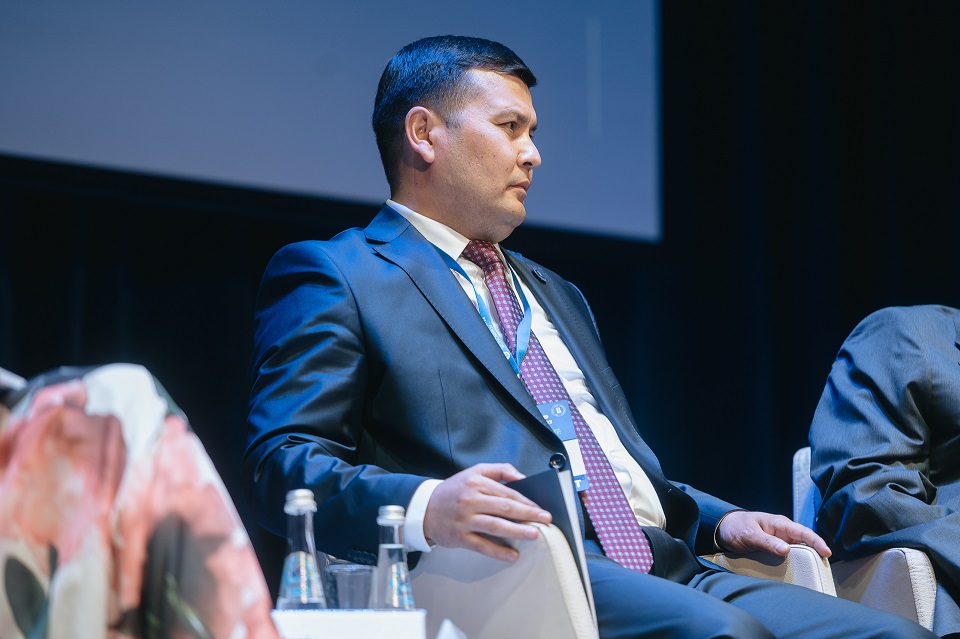
‘It is important now that we intensify our cooperation under the Greater Eurasian Partnership,’ concluded the rector. Following this, the participants of the session set out their own proposals for specific forms of cooperation.
The second plenary session of the Educational Forum, which was also moderated by Victoria Panova, was devoted to the unified Eurasian intellectual space and partnership in the fields of education and science.
The speakers of the session included Marat Berdyev, Ambassador-at-large of the Russian Foreign Ministry and G20 Sous-Sherpa of Russia; Guo Fengzhi, Secretary-General of the Guangdong CIS Alliance for International Science and Technology Cooperation (China); Rajendra Singh Yadav, former Vice-Chancellor of the United Service Institution of India (India); and Yury Golubev, Rector of Brest State A.S. Pushkin University (Belarus).
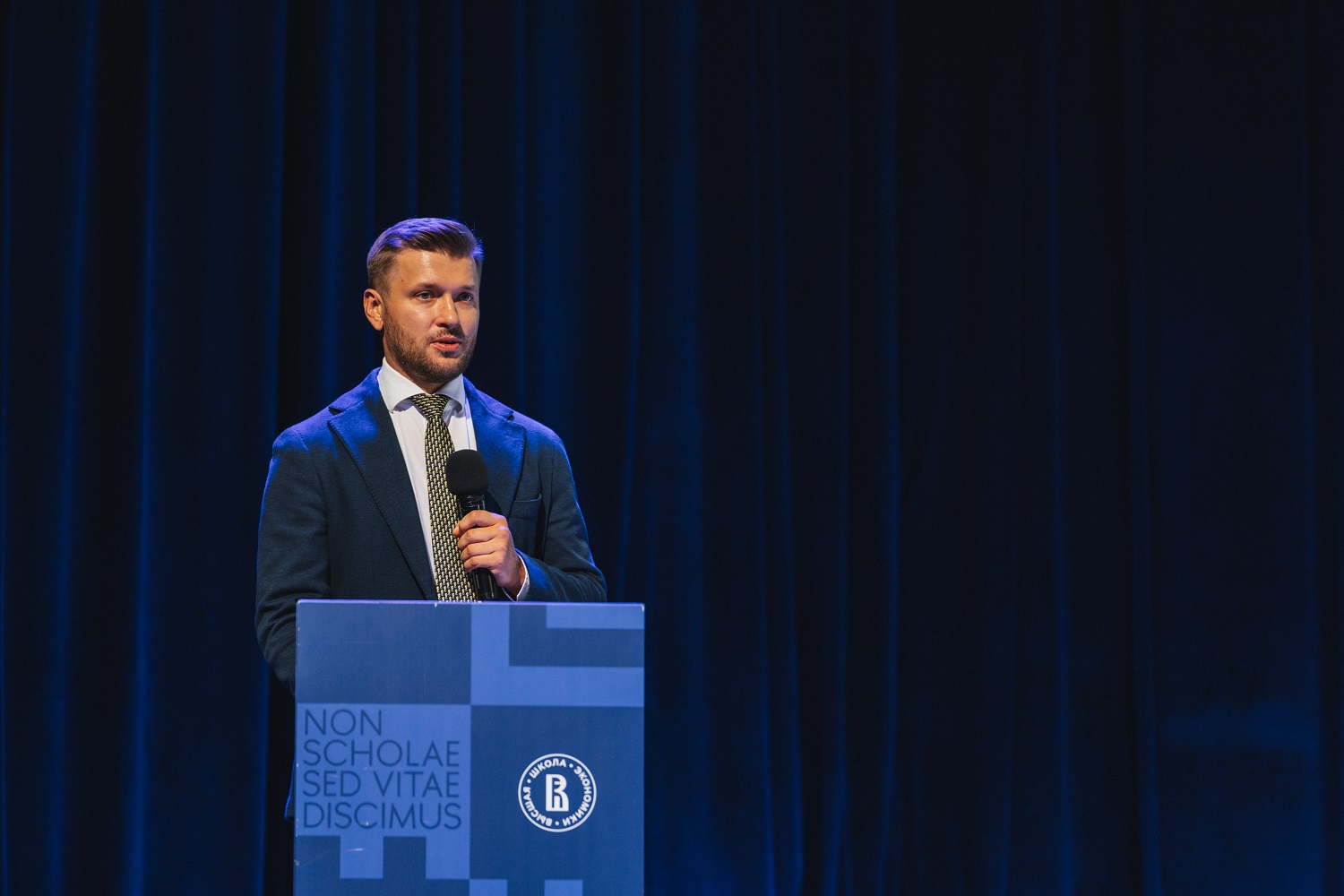
The session concluded with a talk from Daniil Bisslinger, Deputy Head of the Department for Multilateral International Cooperation of the Presidential Foreign Policy Directorate, Deputy General Director of the World Youth Festival Directorate anonymous non-profit organisation. He spoke about the upcoming World Youth Festival, which will take place in Sochi in March 2024.
From September 25–29, HSE University in Moscow is holding International Partners' Week 2023, a key event in the international life of the university.

